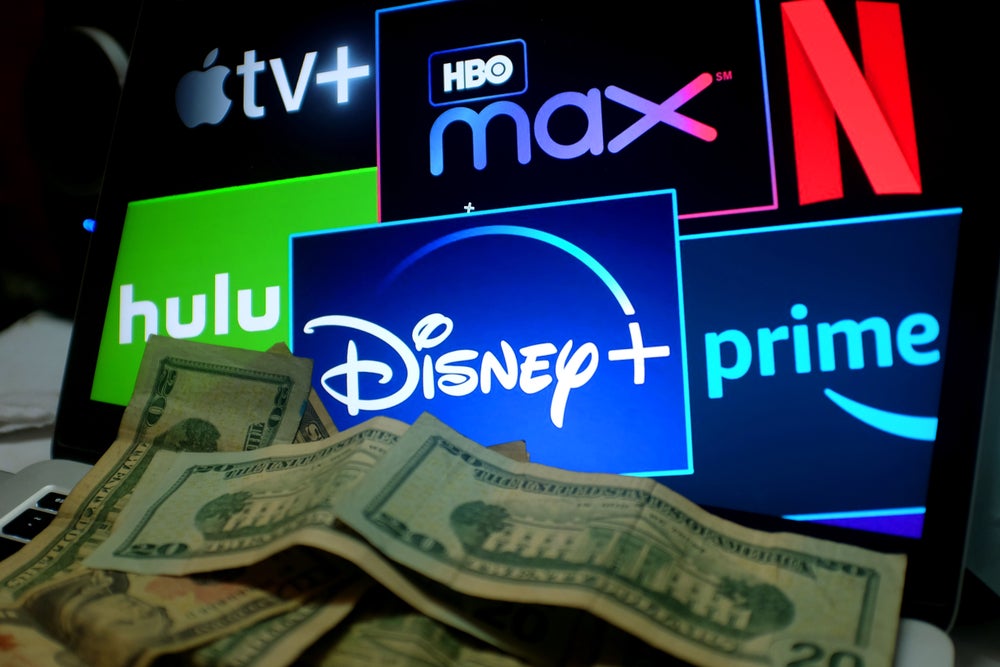Despite the controversies surrounding Qatar’s hosting of the World Cup 2022, this year’s World Cup received unprecedented global interest. Argentina left Qatar as world champions for a third time after a dramatic final match against France, beating them 4-2 on penalties. Argentina will take home $42 million in prize money, an increase of $4m from the 2018 event.
The 2022 FIFA World Cup was broadcasted globally through 236 different broadcasting deals and broke TV audience records in numerous countries. For example, the final match broke TV audience records in France with an average audience of 24.1 million, nearly five million higher than the 2018 final between France and Croatia. Almost 20 million viewers tuned into the grand final in the UK.
The 2022 FIFA World Cup had a total attendance of 3,404,252 spectators, ranking as the third-highest attended FIFA World Cup in history. The USA holds the record with its 1994 tournament, which saw a total attendance figure of 3,587,538. Nonetheless, this is a significant feat for Qatar considering there were allegations of ‘fake fans’ being paid by the government to attend the tournament, which went viral leading up to the World Cup. The World Cup in Qatar has been surrounded by controversies and criticisms, which have often also triggered disinformation and baseless rumours.
A historic tournament for Africa and the Middle East
There were many unexpected outcomes during the tournament, namely victories by African nations. The Qatar World Cup was a great triumph for Africa, as African teams experienced their best-ever statistical performance. Supporters from these countries played a great role in boosting their teams’ morale, with various traditional dancing and drumming performances during the games by fans. Morocco became the first African team to qualify for the semi-final of the World Cup, uniting African and Arab supporters globally who took to the streets to celebrate Morocco’s success. The influence of hosting the World Cup in the Middle East on the success of the ‘underdogs’ should not be understated.
Social media buzz
The impact of the World Cup extends beyond the pitch, as evidenced by how it has dominated social media feeds. Messi’s first Instagram post celebrating Argentina’s win with the World Cup trophy broke Instagram records, surpassing the iconic photo of the egg to become the most-liked post in Instagram history. The post has roughly 69.5 million likes as of December 21, 2022.
Many fans browse social media during matches, as seen by the increase in engagement levels on apps, and it has become a daily part of many people’s user habits. Platforms such as Twitter and Instagram provide a constant stream of content for fans to interact with. During the final, Elon Musk tweeted that there were 24,400 tweets per second for France’s equalizer second goal, the highest ever for a World Cup.
How well do you really know your competitors?
Access the most comprehensive Company Profiles on the market, powered by GlobalData. Save hours of research. Gain competitive edge.

Thank you!
Your download email will arrive shortly
Not ready to buy yet? Download a free sample
We are confident about the unique quality of our Company Profiles. However, we want you to make the most beneficial decision for your business, so we offer a free sample that you can download by submitting the below form
By GlobalData







